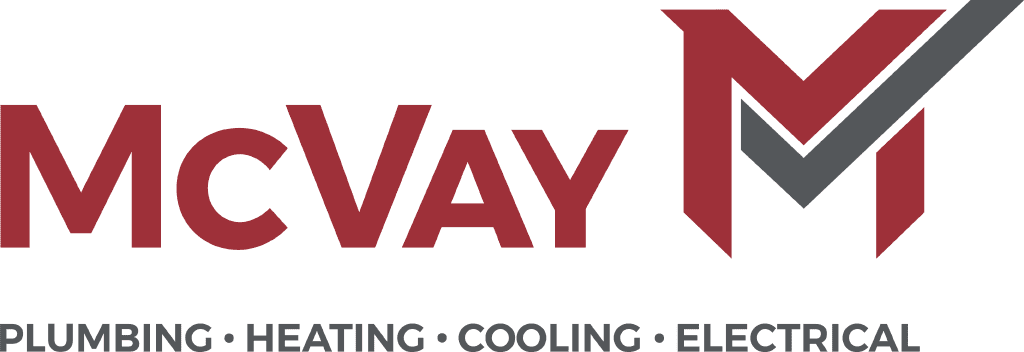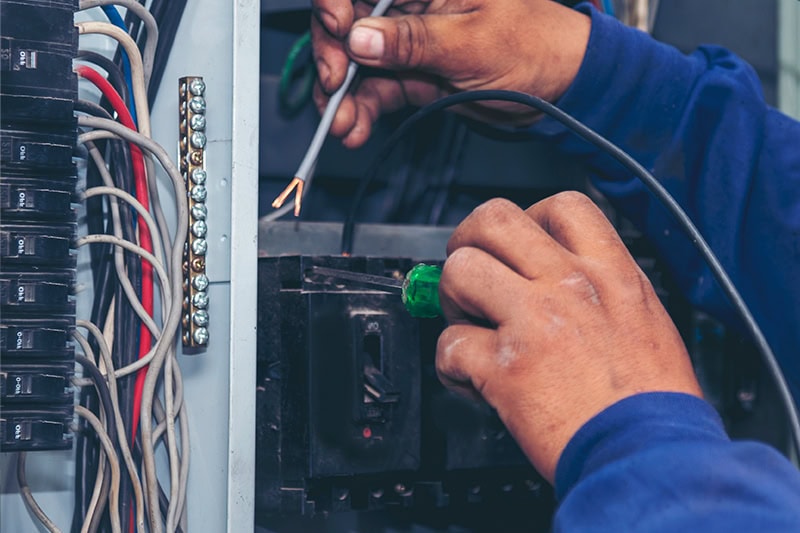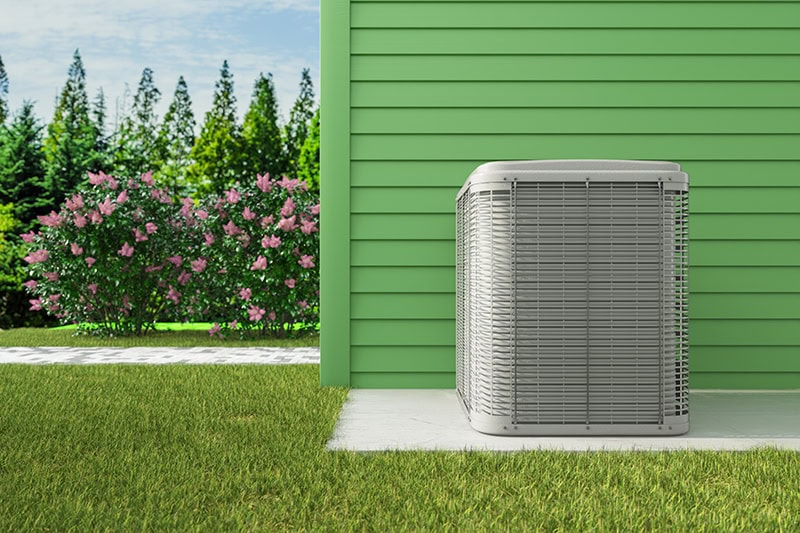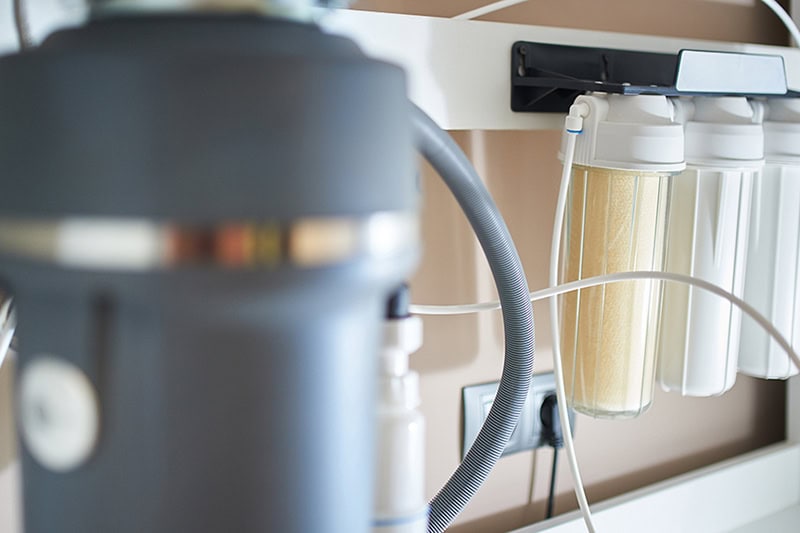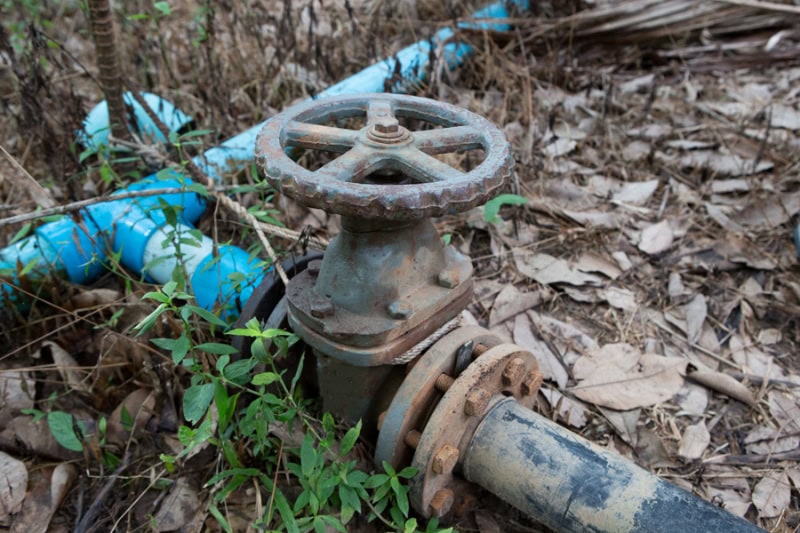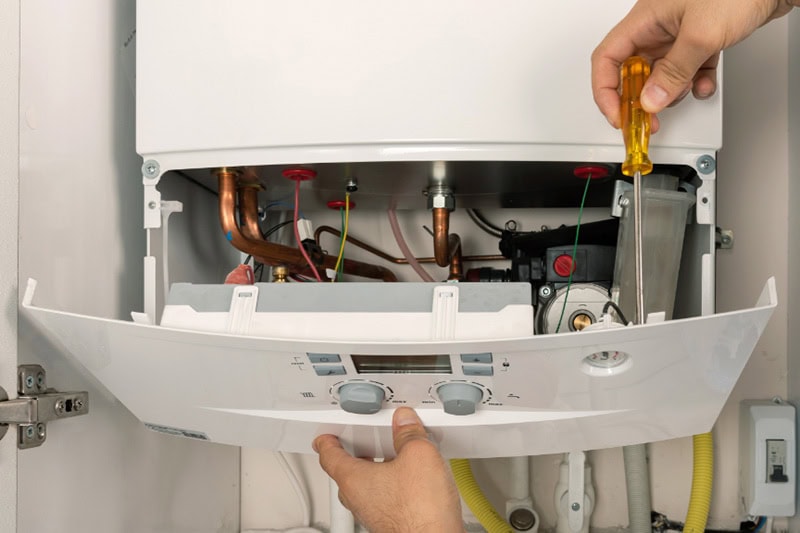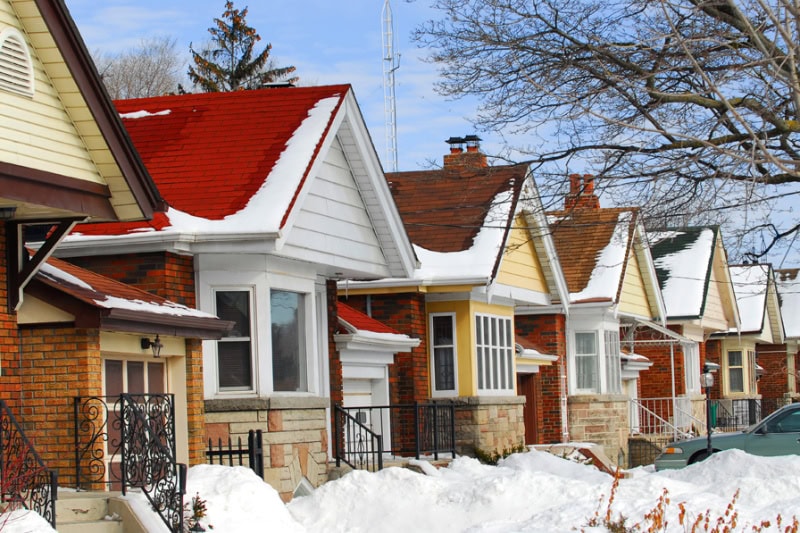As the temperatures begin to rise in Pittsburgh, many homeowners are firing up their air conditioners for the first time in months. But what if, instead of a refreshing blast of cool air, you’re hit with an unpleasant smell?
Continue ReadingThis silent workhorse is easy to overlook, but you cannot power your home without it. Like any critical home system or appliance, it can become outdated and incapable of doing its job efficiently. It may not be able to handle increased electrical load or safely supply the power you need.
Continue ReadingFrom replacing air filters to scheduling maintenance, cleaning your cooling system can prevent breakdowns and keep your home comfortable.
Continue ReadingYou probably already know about the advantages of ductless heating and cooling systems—and how they can significantly lower your Pittsburgh, home’s carbon footprint while improving your indoor air quality.
Continue ReadingYou pour yourself a glass of water, crystal clear and seemingly refreshing.
But what if your water is not as pure as it looks?
What if, lurking within that seemingly innocent glass of water, are microscopic particles of plastic, remnants of industrial waste, or even traces of harmful chemicals?
Continue ReadingIf your Pittsburgh home is facing air-quality issues, you may be suffering anything from minor discomfort to significant allergy or health problems. Our team at McVay Plumbing, Heating & Cooling wants to help keep your home’s indoor air quality high and you and your family healthy and comfortable.
Continue ReadingYour air conditioner (AC) can do several things––keep your Pennsylvania home’s indoor air cooler than outdoor temperatures, help to keep indoor airborne allergens at bay, and help keep your home’s humidity low. But one thing it can’t do is kill mold.
Continue ReadingWhether it is the suspiciously lush patch of grass in your Pittsburgh, yard, the unmistakable, nose-crinkling scent of sewage, or the ominous gurgling sound reverberating up your drains, these are some of the signs every homeowner dreads—signs of a sewer line leak.
Continue ReadingAre you searching for an HVAC contractor near you because you need a new heater for your Cranberry Township, home? McVay Plumbing, Heating & Cooling can help.
Continue ReadingWe receive countless calls every time the temperatures drop below normal ranges, as homeowners here in Allegheny County encounter problems with their home’s heating system.
Continue Reading